Analogue Lifestyle: A Short Essay on Film and Functions by Severin Matusek
9 26 Share TweetWanderer Severin Matusek recounts his journey last summer of how he saw first-hand how similar and at the same time, how different, a simple point & shoot camera is with the legendary Leica. At the end of the trip, he ponders and muses some questions that we hope you can help us discuss!

Last summer I went to Italy and took my Leica CL with me. I had just recently bought this camera and immediately fell in love with its crystal clear lens (Leica Summicron 40mm/2.0) and the basic, yet elaborate manual functions that everyone appreciates with Leicas. Unfortunately someone dropped the bag I was keeping my Leica in and it broke. I had no second camera with me and snapping away with my camera phone was not an option.
As chance would have it my friend Irene just recently discovered an old camera in some shelf at her mothers place. Irene is not much into photography so she gave me the camera to try out if it still works. I looked at the camera and thought it would be an interesting experiment. The camera was a Panasonic which I’d date around the beginning of the 1990s. It was small, black and electronically powered by a battery. It featured autofocus, electronic zoom, automatic exposure settings, automatic flash and it also automatically wound up the film after each shot taken. Basically this camera had all functions that a simple digital compact camera has, only with the slight abnormality that it still used film. I asked myself: why do I shoot with this camera?
I snapped away with the camera whenever I remembered that I had this black plastic thing in my pocket. In fact I had no other option than “snapping away” with it, as the camera didn’t allow me any more possibilities to use it in other ways (its automatic functions were doing their job for me). But I like the pictures I got back from it. They are different from digital pictures and they have this typical analogue look that I don’t get with any digital compact camera.
Now, if all the functions of this Panasonic camera were similar to digital compact cameras, only the use of film (as opposed to a digital CCD chip) could make the difference. When I look at the pictures, this is definitely true: the grain is typical to the Agfa Vista 400 I used and so are the colours. Look at this picture for example:

The colours are vivid. The light is beautifully captured on film and the blue of the sea appears characteristically to Agfa Vista films. It is hard to explain the look of analogue pictures with facts – but I think we can all agree that the warmth, tone and saturation that film offers still makes a difference to the often seemingly cold pictures you get with digital cameras.
But is the use of film the only reason why we like analogue photography? This is something I seriously ask myself. I believe that it is also the functions of a camera that make the difference. Using the Panasonic camera during my vacation gave me satisfying results however, while I was shooting with it I was not very excited. I felt like with the camera doing all the work for me and at the same time, defining what picture was a good picture (i.e. a sharp, well exposed image) there was no room left for me to try out anything with capturing the light on film – which is essentially what fascinates me in analogue photography.
Let’s go back to my Leica CL (before it went to camera heaven). I shot the image below with the Leica on the same film, Agfa Vista 400.

If I wouldn’t have told you, could you have guessed the difference between the two cameras used? Is the second image any different to the first or could it also have been shot with the super automatic Panasonic instead of the all-manual Leica?
When I look at this picture on a larger scale I can see a difference in the optics. The Leica-image is clearly sharper due to its better lens. But I can also see something different: my personal relation to the picture is different than to the first one. I feel that because of the need to adjust the functions of the camera to the subject that I want to photograph, it is more my picture. The distance to the subject was my choice as was the aperture and the shutter speed. And it was also my choice when I pushed the shutter button and decided what exact moment I wanted to capture. Even though the autofocus setting of the Panasonic camera was fast, it still had a delay of a few milliseconds. Due to the automatic nature of the Panasonic camera I feel like everyone could have made the same pictures as I did. The camera took the picture and I was just the man who accidentally pushed the button – while with my Leica, I feel like I took the picture with the help of my camera.
In the end I believe the functions of a camera really make a lot of difference not only to the photographic results, but also on how to use the camera. The camera and its functions define the field I can play within (aperture, shutter speed, lens etc.) and within this field I can be creative and use these functions to serve my vision. However, the more automatic and pre-defining the functions are, the more restricted I am.
With the Panasonic camera I couldn’t have taken a blurry, out of focus shot because it didn’t allow me to. On the other side, also the LOMO LC-A+ doesn’t have as much manual options as a classic SLR or rangefinder, such as the Leica. It has only four distance settings and an automatic exposure setting just like the Panasonic. Still I enjoy much more shooting with the Lomo LC-A than with the Panasonic camera.
Why is that so? What makes the difference between two cameras? Is it their functionality? Or does the moment count and the camera you shoot with is secondary? If so, do different cameras evoke different shooting situations? Do cameras have something like a “character”, an auratic field that is defined through your personal relationship to the machine? What about analogue and digital then? What do you think?

written by severin on 2010-07-20 #lifestyle #film #analogue #lomography #analogue-lifestyle #functions #panasonic-camera
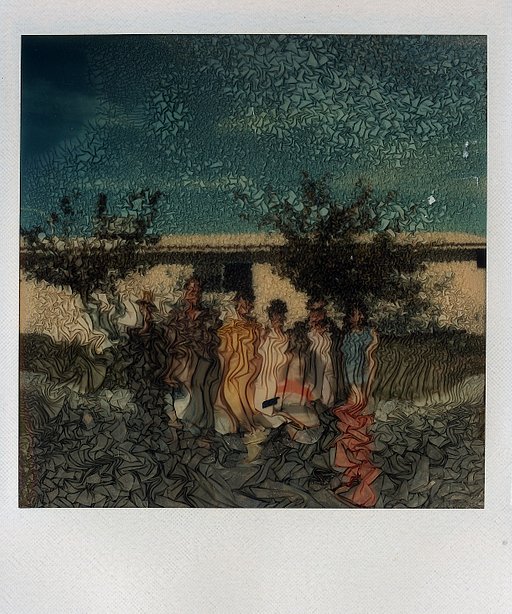

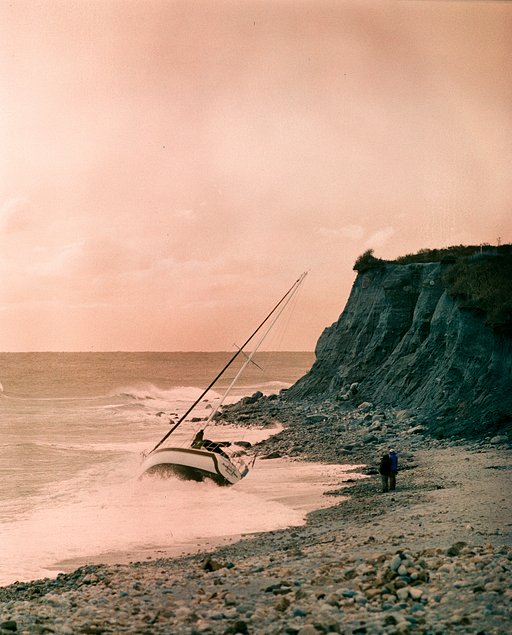
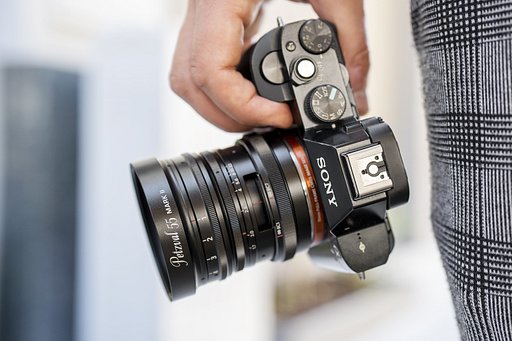




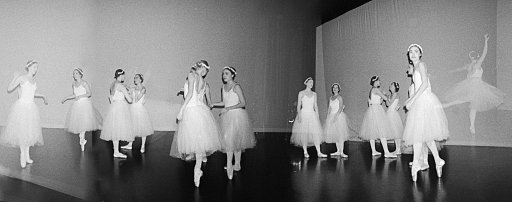






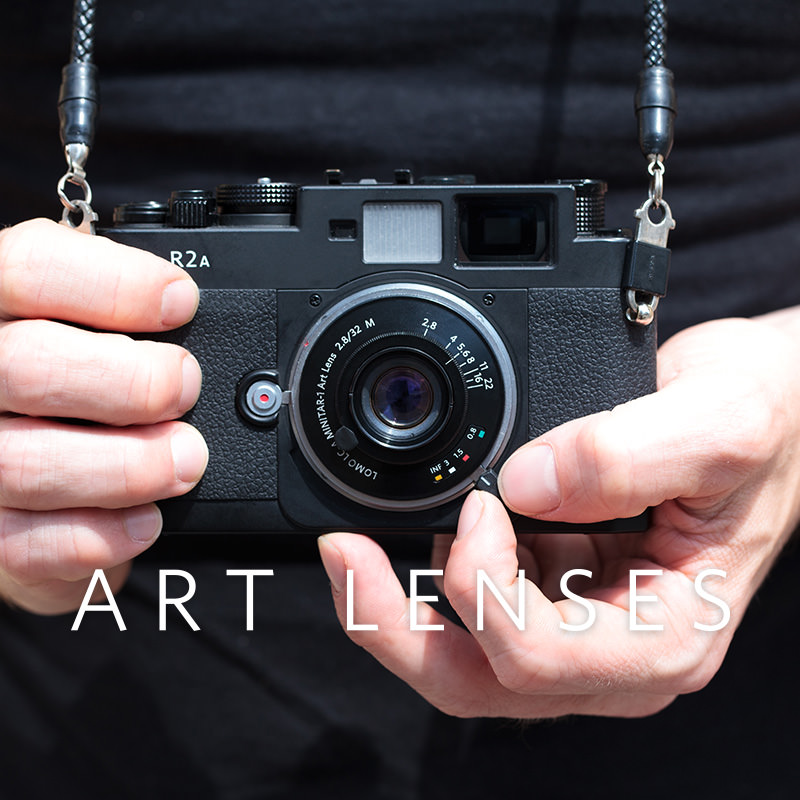
9 Comments